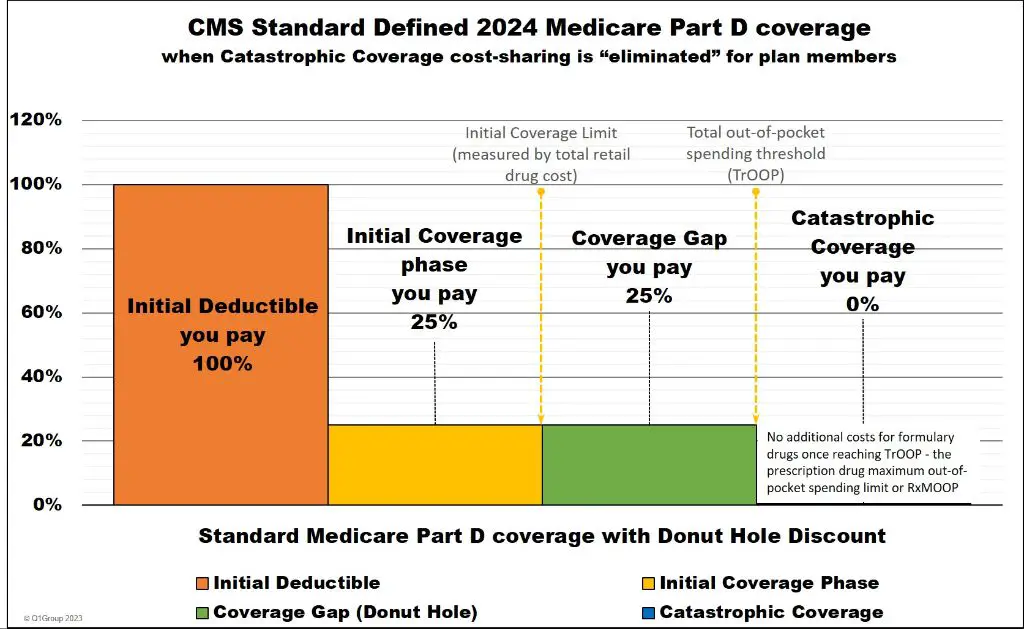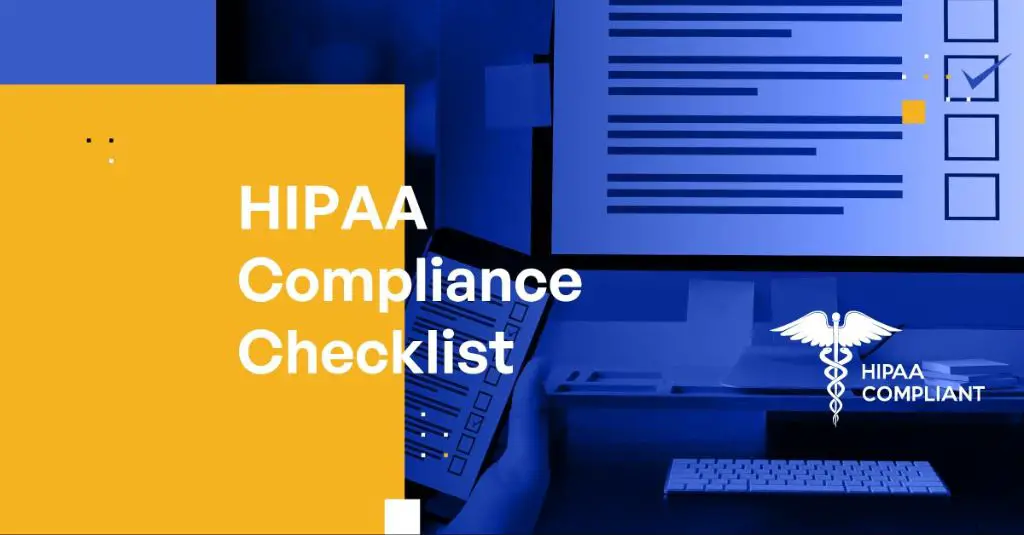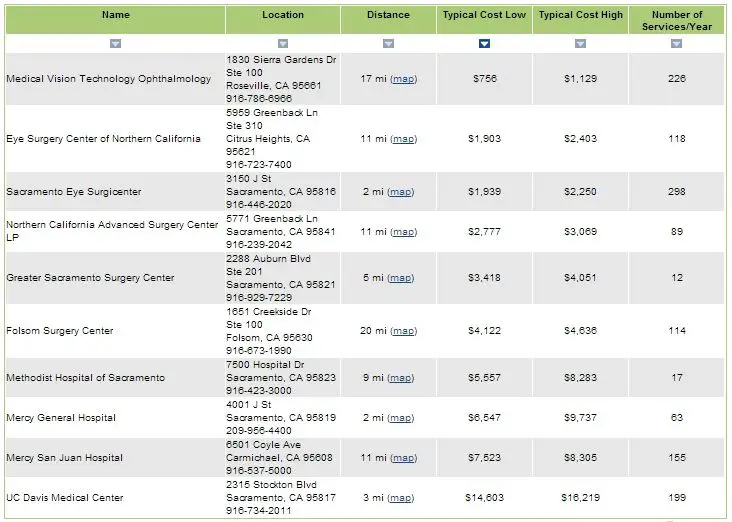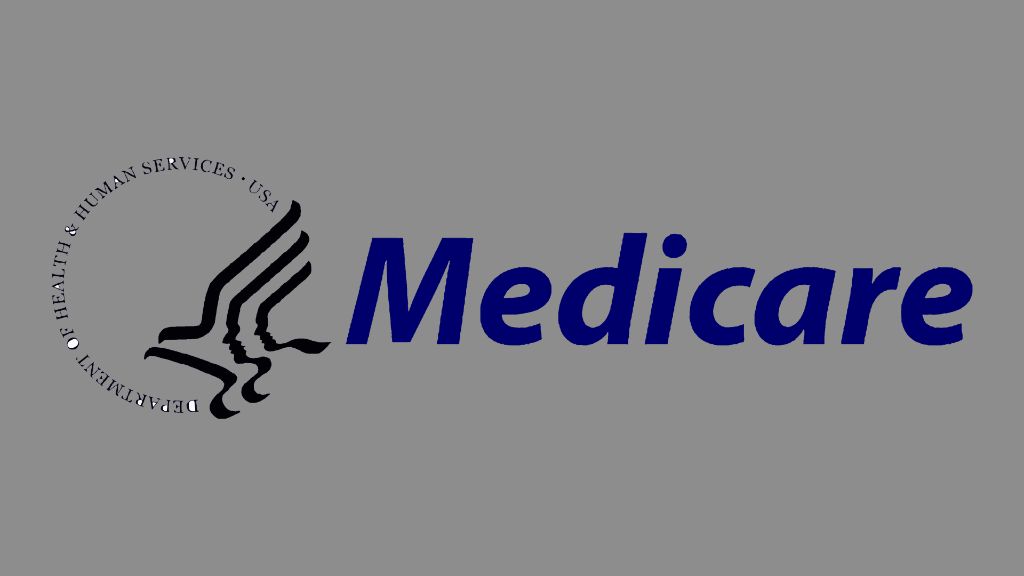Cataracts are a common eye condition in which the normally clear lens of the eye becomes progressively cloudy and opaque. This causes blurry vision, sensitivity to light, faded colors, poor night vision, double vision, and other vision changes. Surgery is often needed to remove the cloudy lens and replace it with an artificial intraocular lens to restore vision. With cataract surgery being the most commonly performed surgery in the United States, many wonder whether Medicare Part B covers the cost. Medicare Part B is one of the main insurance options for Americans 65 and older, and provides coverage for doctor visits, outpatient care, and preventive services. In this article, we will explore what cataracts are, provide an overview of cataract surgery, summarize Medicare Part B coverage, and examine the specifics around Medicare Part B coverage for cataract surgery.
What are Cataracts?
Cataracts are a clouding of the natural lens in the eye that affects vision. According to the American Academy of Ophthalmology, cataracts occur when proteins in the lens break down and clump together, causing the lens to become cloudy and obstruct light from properly entering the eye. This interference with light leads to blurred vision, faded colors, halos around lights, and decreased night vision.
As cataracts progress, they can cause significant vision impairment and blindness if left untreated. Symptoms generally develop slowly over time and may include needing more light to read, difficulty recognizing faces, trouble seeing at night, seeing double, blurred vision, seeing halos around lights, faded colors, and frequent changes in eyeglass prescriptions.
Cataracts typically develop as a part of the natural aging process, but they can also be caused by eye trauma, radiation exposure, medications, infections, inflammations, and certain genetic disorders. The most common types of cataracts are nuclear, cortical, and posterior subcapsular. Cataracts are extremely common, with around 50% of people having some degree of cataract by age 80, according to the American Optometric Association.
Cataract Surgery Overview

Cataract surgery is a common procedure performed to treat cataracts. During cataract surgery, the clouded natural lens of the eye is removed and replaced with an artificial lens called an intraocular lens (IOL) (https://www.verywellhealth.com/cataract-surgery-3421690). The goals of cataract surgery are to improve vision and reduce dependency on glasses or contact lenses.
Cataract surgery typically takes less than an hour to perform and is one of the safest and most successful surgical procedures. The most common technique used today is called phacoemulsification, which uses ultrasound waves to break up the cloudy lens so it can be suctioned out. Small incisions are made to minimize injury to the eye (https://www.eyeops.com/contents/our-services/cataract-surgery-overview).
After the natural lens is removed, the surgeon inserts an artificial IOL in its place. The IOL acts just like the natural lens to focus light on the retina so a person can see clearly again. Patients usually experience improved vision soon after cataract surgery.
Medicare Part B Overview
Medicare Part B helps cover medically-necessary services like doctor visits, outpatient care, and preventive services. It is supplemental medical insurance that beneficiaries pay a monthly premium for in order to receive coverage for things not covered under Medicare Part A.
According to the U.S. Department of Health and Human Services, Medicare Part B helps pay for doctors’ services, outpatient care, home health services, durable medical equipment, and other medical services. Part B covers medically necessary services like clinical laboratory tests, x-rays, surgeries, and more that Medicare deems as reasonable and necessary.
Some key things that Medicare Part B helps cover includes:
- Doctor visits
- Preventive care
- Outpatient procedures
- Lab tests
- X-rays and MRIs
- Ambulance services
- Durable medical equipment
- Mental health care
In summary, Medicare Part B provides supplemental coverage for medically necessary healthcare services that beneficiaries receive on an outpatient basis from doctors, clinics, labs, hospitals and other healthcare providers. It covers a wide range of services to help pay for care not covered under Medicare Part A.
Does Medicare Part B Cover Cataract Surgery?

Yes, Original Medicare Part B covers the costs of cataract surgery, including the surgery itself as well as related medical expenses like the surgeon’s fees, anesthesia, and the outpatient facility fees. According to Medicare.gov, “Medicare Part B (Medical Insurance) covers cataract surgery when it is medically necessary.” This means that if your ophthalmologist determines that cataract removal is required due to vision impairment, Medicare Part B will cover the standard procedure.
Part B covers 80% of the Medicare-approved amount for doctor services for cataract surgery after you meet your Part B deductible. This includes the surgeon’s fees for performing the cataract removal. You will need to pay 20% of the Medicare-approved amount as coinsurance. For 2023, the Part B deductible is $226.
Medicare Part B also covers anesthesia services related to the cataract surgery. Anesthesia is usually given by injection around the eye to numb the area during the procedure. Part B covers 80% of the approved anesthesia fees after you meet your deductible.
In addition, Medicare Part B covers the facility fees for where the cataract surgery is performed, whether in a hospital outpatient department or ambulatory surgical center. Part B covers 80% of the approved facility charges after your deductible.
In summary, Original Medicare Part B provides coverage for standard cataract removal surgery and the related medical costs like the surgeon fees, anesthesia, and facility fees, provided the surgery is deemed medically necessary. You will be responsible for 20% coinsurance and any Part B deductible.
Sources:
https://www.medicare.gov/coverage/cataract-surgery
https://www.medicarefaq.com/faqs/does-medicare-cover-cataract-surgery/
Medicare Part B Cataract Surgery Coverage Details
Medicare Part B covers the majority of costs associated with cataract surgery when medically necessary. This includes:
- The surgeon’s fees
- Use of the operating room and recovery room
- Medical tests performed before surgery (such as eye exams and tests to evaluate your vision)
- Prescription drugs given during the procedure
- Post-operative care
Medicare Part B also covers the cost of the artificial lens implant. Patients have options like monofocal, multifocal, and toric lenses. Medicare covers standard monofocal lenses in full, but you may have to pay part of the cost if you choose a specialized lens like a multifocal or toric lens.
In most cases, Medicare Part B covers 80% of the approved cataract surgery costs after you meet your Part B deductible. You are responsible for paying the remaining 20% coinsurance.
There are a few costs Medicare does not cover for cataract surgery. These may include:
- Private nursing fees
- Private room fees if you choose to stay in the hospital overnight
- Any additional fees if you choose bladeless cataract surgery
So in summary, Medicare Part B provides extensive coverage for cataract surgery, but you may have some out-of-pocket costs for upgraded lens implants or extras like a private hospital room.
Outpatient vs. Inpatient Cataract Surgery
Most cataract surgeries are performed on an outpatient basis at an ambulatory surgical center or hospital outpatient department. Original Medicare Part B covers 80% of the Medicare-approved amount for the surgeon’s services, with the patient responsible for the remaining 20% after meeting the Part B deductible.

For 2023, the Medicare Part B deductible is $226. The Medicare-approved amount for cataract surgery and insertion of an intraocular lens at an ambulatory surgical center is approximately $1,039. This means under Part B, a patient would pay around $207 out of pocket for the surgery at an ASC (20% of $1,039).
If cataract surgery is performed inpatient at a hospital, Part B covers a smaller percentage – only covering hospital costs after paying a Part A deductible. The 2023 Part A deductible is $1,600, so a patient would pay significantly more out of pocket for an inpatient cataract procedure.
For these reasons, most cataract surgeries are performed on an outpatient basis to minimize costs for patients under Original Medicare. However, in rare cases where the patient has complex medical needs, an inpatient procedure may be necessary. When possible though, coverage is optimal through Part B at an ASC or hospital outpatient department. Source
Additional Cataract Surgery Costs
While Medicare Part B covers the surgeon fees, facility fees, eye evaluations related to surgery, and basic vision tests after cataract surgery, there are some costs that are not covered.
For example, Medicare Part B does not cover transportation to and from the surgery center or extended care after surgery. Patients may need assistance with transportation and aftercare due to vision impairment directly following surgery. This can become an extra out-of-pocket cost for patients.
Some additional costs that Medicare Part B does not cover may include:
- Transportation to and from the surgery center
- Costs for an accompanying care partner for transportation and assistance
- Extensive post-surgery support and care
- Anti-inflammatory eye drops or other medications not covered
- High technology intraocular lenses (IOLs) like toric, multifocal or accommodating IOLs
- Eyeglasses or contact lenses after cataract surgery
These additional costs can quickly add up for patients. According to one fundraising campaign, out-of-pocket costs for cataract surgery including transportation, caregiving, and uncovered medications was estimated to be around $2,000.
Medicare Advantage Cataract Surgery Coverage
Medicare Advantage plans, also known as Medicare Part C, are offered by private insurance companies as an alternative to Original Medicare. They bundle Parts A, B, and usually D into a single plan. Coverage for cataract surgery under Medicare Advantage can differ from Original Medicare:
Unlike Original Medicare, there are no 20% coinsurance costs for cataract surgery under Medicare Advantage. Instead, copays apply which are set by the plan. Many Medicare Advantage plans charge $0 copays for cataract surgery when using in-network providers.
Medicare Advantage offers more flexibility around coverage of premium intraocular lenses (IOLs) like presbyopia-correcting or toric lenses. Under Original Medicare, these upgraded lenses require substantial out-of-pocket costs. But some Medicare Advantage plans will cover part or all of premium IOL upgrades (Medicare.gov).
However, Medicare Advantage plans can also impose other restrictions like requiring prior authorization or limiting networks. And they may charge higher copays for out-of-network cataract surgeries.
Overall, Medicare Advantage offers potential advantages for cataract surgery coverage, but the specifics depend on the individual plan’s benefits.
Conclusion

In summary, Original Medicare Part B provides coverage for cataract surgery when medically necessary. Part B covers the surgeon’s fees, the facility costs for outpatient surgery, and the implanted artificial lens after you’ve paid the Part B deductible. Additional costs like anesthesia and prescriptions may also be partially covered.
Medicare Part B covers cataract surgery whether it is performed in an ambulatory surgical center or hospital outpatient setting. You will typically pay 20% of the Medicare-approved amount for the surgeon fees and facility use. The majority of standard cataract surgeries are performed on an outpatient basis.
It’s important to understand exactly what Medicare Part B covers and what your out-of-pocket costs may be so you can budget appropriately. Speaking with your eye doctor and Medicare benefits administrator can provide further clarity.
